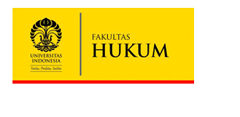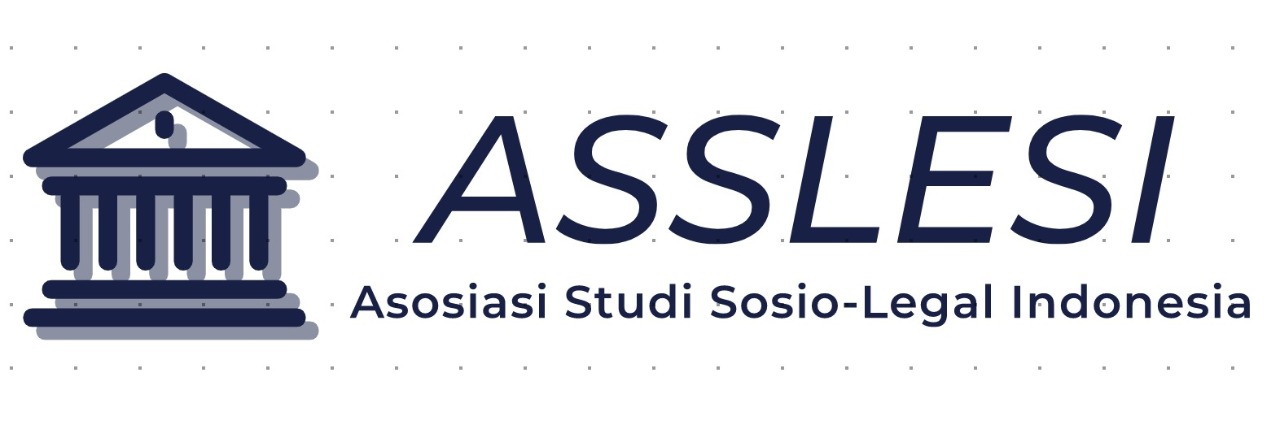Abstract
Recent sociological, anthropological, and psychological research points at a shared problem: Are humans separate and autonomous entities, or must they be seen through the lens of extended, permeable, fractured notions of personhood? This paper discusses some crucial implications for the study of law and legal pluralism. Legal orders may differ in the degrees to which personhood is taken as embedded. At the same time, notions of personhood may also be more or less bounded, with particular fields within legal orders also espousing different degrees of personal autonomy. That depends on how political preferences shape specific issues at the time legislation is enacted. All this has implications for conceptualizing and studying legal pluralism. Examples from Indonesia, Thailand, and the Netherlands bring to light some thorny issues that arise when personhood is viewed through the lens of more or less autonomy and social embeddedness. The examples suggest that a relational approach that accounts for varying degrees to which persons are perceived as extended beings deepens the analysis of plural legal orders.
Bahasa Abstract
Penelitian sosiologis, antropologis, dan psikologis terkini mengarah kepada permasalahan bersama: Apakah manusia merupakan entitas yang terpisah dan otonom, atau mereka harus dilihat dari berbagai macam lensa personhood? Tulisan ini membahas beberapa implikasi penting terhadap studi hukum dan pluralisme hukum. Konsep personhood dapat memiliki ruang lingkup yang berbeda dalam berbagai sistem hukum yang ada (di dalam sebuah negara). Lebih lanjut, batasan sebuah konsep personhood dapat berbeda-beda: berbagai bidang hukum yang ada di dalam suatu sistem hukum dapat memberikan ruang lingkup yang berbeda atas konsep personhood tersebut. Preferensi politik atas penyelesaian isu tertentu akan mempengaruhi ruang lingkup konsep personhood dalam peraturan yang diundangkan. Semua hal ini tentunya akan berimplikasi pada bagaimana kajian pluralisme hukum dirumuskan dan dipelajari. Contoh-contoh dari Indonesia, Thailand, dan Belanda mengungkap beberapa masalah pelik yang muncul ketika personhood dianalisa melalui besar kecilnya otonomi dan keterikatan sosial (social embeddedness) yang melekat pada individu. Berbagai contoh yang diangkat dalam artikel ini menunjukkan bahwa pendekatan relasional (relational approach) yang mempertimbangkan pandangan komunitas. mengenai konsep personhood dan individu serta ruang lingkupnya, mampu memperkaya analisa terhadap keberadaan sistem hukum yang plural.
Recommended Citation
Benda-Beckman, Keebet von
(2021)
"Relational Social Theories and Legal Pluralism,"
The Indonesian Journal of Socio-Legal Studies: Vol. 1:
No.
1, Article 2.
DOI: 10.54828/ijsls.2021v1n1.2
Available at:
https://scholarhub.ui.ac.id/ijsls/vol1/iss1/2


